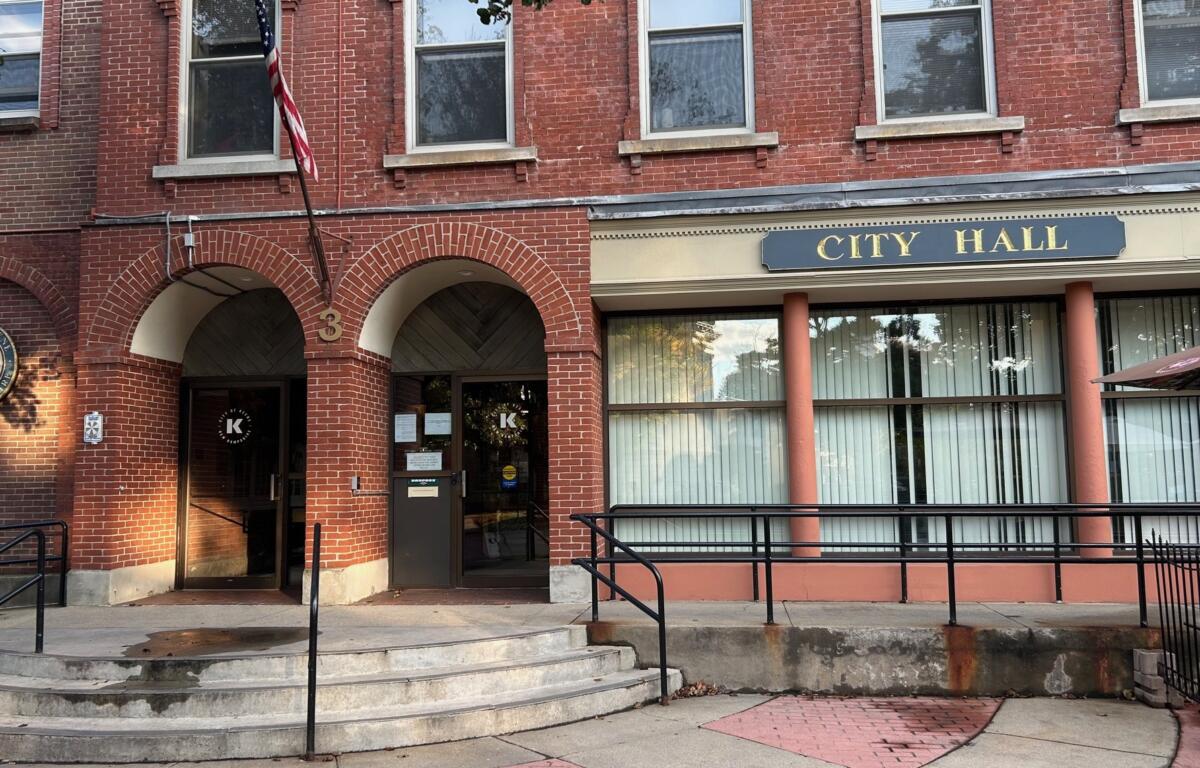KEENE, N.H. (MyKeeneNow) The Keene City Council’s Finance, Organization, and Personnel (FOP) Committee held a special session Tuesday evening to continue its review of the proposed fiscal year 2026 operating budget, with a focus on the city’s public works department.
Public Works Director Don Lussier presented an overview of the department’s $31 million proposed budget, emphasizing a balance between fiscal responsibility and the need to maintain essential city services.
“The reality is there’s only so much that you can squeeze out of operational efficiencies,” Lussier told the committee. “I think we’re probably getting pretty close to that limit this year.”
The department, which encompasses Engineering, Highway, Solid Waste, Water and Sewer Utilities, Fleet Services and Administration, is grappling with multiple challenges—including rising inflation, regulatory changes and ongoing difficulties in staff retention and recruitment.
City Engineer Brian Ruoff reported that the Engineering division’s budget remains largely unchanged, aside from cost-of-living adjustments and a $10,500 request for traffic studies and management initiatives.
In the Highway Division, a modest $20,000 increase was proposed for sidewalk sealing, part of an initiative to better maintain concrete sidewalks citywide. A newly acquired asphalt paver is expected to double the city’s annual sidewalk upgrades—from approximately 1,200 feet of concrete replacement to over 2,700 feet of improved sidewalks.
The Solid Waste Division also came into focus as longtime Assistant Public Works Director and Solid Waste Manager Duncan Watson prepares for retirement. Funding has been included for succession planning, and discussions are underway about infrastructure investments that could enhance the city’s recycling and waste diversion efforts—potentially through a public-private partnership.
Watson also raised concerns about increasing regulatory scrutiny around PFAS and other chemical byproducts.
“Because of the ubiquitous nature of this product, it’s just a matter of time before there are additional fires—whether in trash trucks, the transfer station, or en route to the landfill,” he said.
Supplemental funding requests were also presented for the city’s Water and Sewer Utilities. For sewer services, approximately $157,000 was requested to support pump station renovations, new safety equipment, and maintenance programs. The water division asked for nearly $100,000 to cover increased equipment costs and staffing adjustments in its metering division.
Fleet Services, responsible for managing the city’s vehicle rotation and procurement strategies, highlighted cost-saving measures such as repurposing police cruisers and leveraging national government pricing contracts. However, the committee was informed of accounting inconsistencies within the fleet transfer capital accounts, which will be further investigated.
Throughout the discussion, recurring themes included the impacts of inflation on materials, equipment, and fuel; the growing difficulty of recruiting and retaining qualified staff; and the burden of adapting to new state and federal regulations—particularly around environmental and public health standards.
The FOP Committee will continue its budget review process in the coming weeks before the full council votes on the fiscal year 2026 operating budget June 19.




